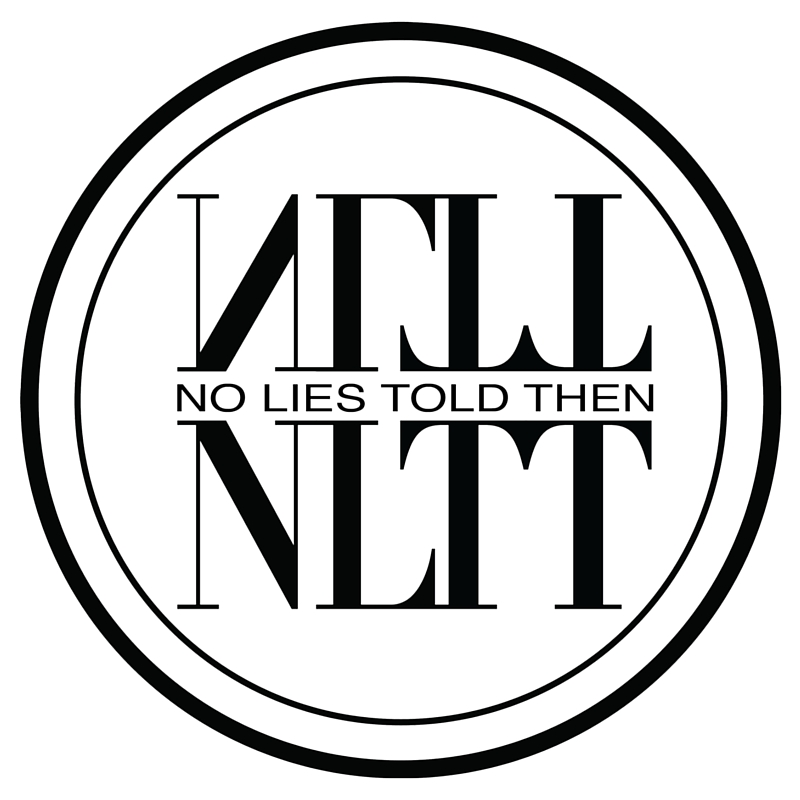There would be so many times I would be on the train traveling from The Bronx to downtown Manhattan and I could feel the difference within the population of the energy towards me. What surprised me most and always left me completely compelled with astonishment was my own people’s perception of natural hair. They were anything less than embracing. The majority of black men were literally not here for it, they would look and then quickly look away. Black women had more than a few things to say, which were more bad than good within those instances.
The only people who “got it”, who understood were women who were traveling the same natural hair journey. Some woman cheered me on, some thought they were being uplifting, but were bashing me in the same breath.
“Oh no I could never do this, it’s too much.”
“It’s just not for me.”
“It just doesn’t go with different outfits.”
“If I had good hair I would do it, but I am nappy and I hate the nappy look.”
Then they'd have the audacity to ask “can I touch your hair?” Well, I hate the word ‘nappy’. I once had a male scream in front of a crowded train at the top of his lungs because I wasn’t receptive to his pickup line “GET YA NAPPY ASS HAIR DONE”. I was shocked, I thought my Bantu knot afro looked pretty bomb that day! Actually, there are many situations of that caliber that I endured and began to break me down.
Nappy is often referenced to black men and woman hair textures. We have kinky hair which goes back to our ancestors. In Africa, our kinky hair protects our heads from the sun frying our scalps. Know your history before you label an entire ethnicity and people. The good hair that people so often refer to as “not nappy” is loose curly, long hair that most people believe a black male or female can only obtain if they are mixed with another ethnicity. All of this derives from universal thoughts within an unwritten rule book to life that we as a society feed off of, and whisper amongst ourselves. No! let’s speak upon these wrongs loudly and proudly! Let’s speak these truths in front of people so they can feel as uncomfortable as we have to live every day. Things have to change, it is imperative! Society needs it!
Not many of us will admit it, the world’s perception of us can immensely devalue how we view ourselves. Some will consider it weak, I consider it truthful. I felt broken down to an extremely low point when people would stare at me as if I were some wild, filthy animal because my hair differed from theirs. I consistently told myself ‘it’s okay, they just don’t understand. Watch when it grows”. Understand. Understand what? Why should my difference in features consistently be compared to the idolized beauty protocol that America has been so enticed with affect anyone? Why would people think that it is of any type of normalcy to stare at another human being and leave that individual feeling comfortable? Why was my hair not considered “Good”? Because it wasn’t long? Because it wasn’t straight? Because my curls were tight and not loose and flowing? I wanted to know why.
Corporate America didn’t make me feel any better about my natural hair either. How many women would honestly go to a job interview with their hair in a fro? No matter how beautiful you, yourself or significant other deemed it to be, “it’s not professional or presentable.” I have fallen upon numerous articles exemplifying this heinous ideology. I would feel as if I was a walking display case of discomfort very often, unable to make eye contact. Why? Because I allowed them to make me feel as if I wasn't beautiful. Because embracing my blackness made society feel uncomfortable and their energy was surpassed to me…
Society has lied to me as a black woman within the undeclared notion that black women are not naturally beautiful. Society has amplified the notion that black women need the add-ons to resonate as beautiful. Society has amplified the notion that there is some sort of protocol or standard of beauty that black women don’t measure up to. Well, we are beautiful. Society’s fabrication of what beauty is doesn’t measure up to our beauty as a whole. That our melanin endowed skin and our own thick kinky coiled hair does not measure up to society’s standard of beauty.
No one dares to ever say it, but it's indirectly displayed everywhere. You must have lighter skin and softer hair to be deemed beautiful. For instance, Blue Ivy Carter is about five years old and has already been verbally abused by society let alone the media since birth.
“Her parents should be ashamed of themselves, all of that money and they can’t find someone to do her hair.”
“Blue’s hair is so nappy.”
“Blue is ugly & that hair…”
Sadly, I’ve heard these exact sentiments from other races but the majority from my own race. We all must have a different set of eyes, I see a little girl, from day one that has always been beautiful. Her parents want her to wear her hair in its natural state. “I like my baby hair, with baby hair and afros”. (2 snaps for Beyoncé). I hate to display a comparison but it’s necessary. North West hair is very often displayed within its natural state, just like Blue. North West hair is usually in an afro, just like Blue. North West usually has little ponytails, just like Blue. But North West is repeatedly displayed as a beautiful little girl, but why not Blue?












